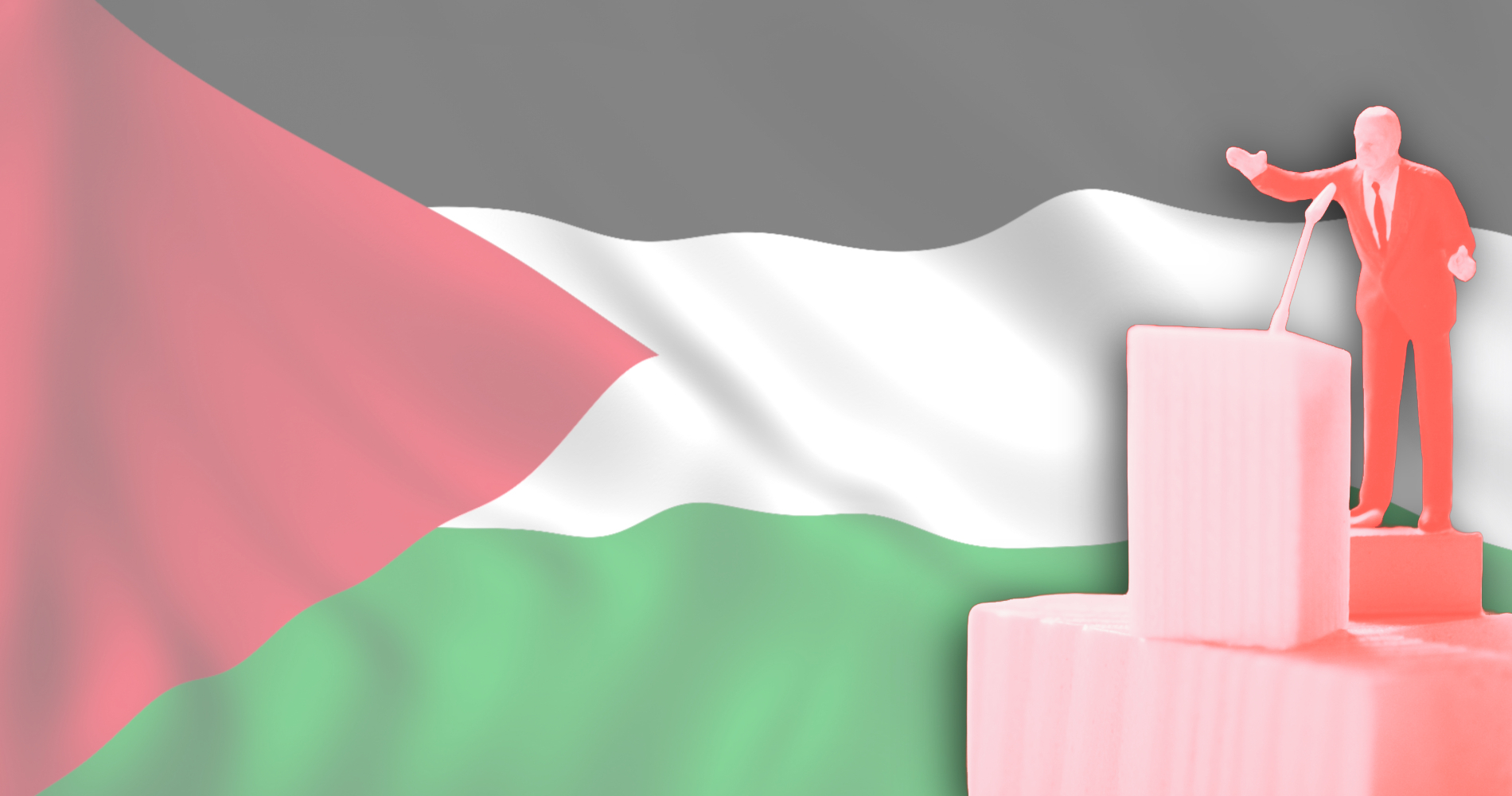Alternative Budget 2010
On September 9th, CCPA-MB will release its 2010 Alternative Municipal Budget. It will offer Winnipeggers an honest assessment of the state of the City’s finances and a bold, clear and do-able plan to move Winnipeg into the 21st century.
Winnipeggers will go to the municipal polls on October 27th. We hope that our Alternative Budget will inform voters about the important issues facing our city and stimulate discussion about policies to deal with those issues.
The following paragraphs taken from the Alternative Budget set up our vision of Winnipeg as:
“A community of healthy, active people enjoying enriched public places. In this vision, we’re known not just for driving everywhere and surviving our long winters, but for embracing our climate and our geography. We’re known for growing our own vegetables, herbs and fruits in the summer months in our yards, in our reclaimed front streets and on parking lot facades… We’re known for internalizing (making ourselves accountable for) the costs of using our environment and resources, for respectfully sharing and tending publically and privately-owned land, air and water.. We honour the traditions of Winnipeg’s First Peoples who remind us of our reliance on the land and water that surround us.
… We publicly celebrate the quirky, secretly-skilled, sorrow-savvy and fun-loving heart of a people who came together to live on an often cold, sometimes steamy plain at the convergence of two unruly rivers as they follow their ancient paths to an inland sea…
… Where did we get this image of Winnipeg? This image comes from Winnipeggers themselves. In the OurWinnipeg project, we found insights that resonate with a rising consciousness of path-breaking community designs practiced around the world. This Alternative Budget liberates the wealth of innovation nestled within the Call to Action Report, part of the OurWinnipeg project.”
Our vision is Winnipeggers’ vision
The Alternative Budget was compiled by a group of volunteer experts on transit, planning, housing, food security, community economic development, recreation and policing. We consulted with community members to know what is happening on the ground. We drew on initiatives that are employed around the world, country and province that have been effective in making communities modern, green and equitable, and modified those programs to fit Winnipeg’s needs.
But budgets are about more than spending money; they also have to raise money. The 20/20 budget does so honestly and responsibly. We recognize the structural problems in the 2010 City Operating Budget which is only balanced because of non-sustainable transfers from City assets, tax increases that are not identified as tax increases, and hikes in emergency medical fees. The Alternative Budget does collect more tax revenue, but it does so openly and our taxes/fees are socially and environmentally responsible. For example, we:
- Implement a tax on plastic bags that will realize $16.5 million in revenues while distributing cloth bags to low-income families;
- Charge a fee on new housing development that will discourage urban sprawl while it raises more than $22 million;
- Introduce a tax on parking spaces outside the city centre to encourage use of public transit and downtown shopping. This tax will raise $9 million;
- Reverse the irresponsible transfer of funds from City assets totaling $11.5M and cancel the $2.6M increase in the Emergency Medical Fees; and
- Explain to Winnipeggers why the decade-long property tax freeze cannot continue and why the Mayor’s plan to eliminate the business tax does not make sense.
Our increase in revenues then allows us to spend in ways that will make Winnipeg greener, more equitable and a leader in urban design. We will:
- Increase spending by $18 million in the Planning Department. New initiatives include green housing revitalization grants; formation of neighbourhood councils; an affordable housing trust fund; and a heritage and accessibility start-up fund;
- Breathe new life into a Planning Department devoid of resources and low in morale. Our spending increase will allow city planners and citizens, not private developers, to fashion our future;
- Introduce more community safety coordinators to work with the Winnipeg Police Service;
- Improve inner-city recreation programs and facilities and introduce a food security program;
- Increase resources to fight Dutch elm disease;
- Increase spending on Municipal Aboriginal Pathways; and
- Introduce a living wage policy and an equity lens.
One of the most important issues we put into focus is the Rapid Transit debate. The Alternative Budget commits to Bus Rapid Transit (BRT) for phases I and II of the Southwest Rapid Transit Corridor. Our commitment for this portion is drawn on the myriad of expert reports that clearly recommend BRT as the most viable mode for the southwest corridor. In order to ensure funding for future Rapid Transit development, we re-direct money that the City has dedicated to roadway expansion to the Rapid Transit Infrastructure Reserve Fund.
Our balanced budget offers a clear contrast to the status quo. It reminds us of who we are and what we can accomplish.
Thank you to all who worked on the budget, and thank you to Winnipeggers for your inspiration.
Lynne Fernandez is a political economist for the CCPA-MB.


